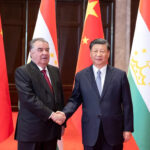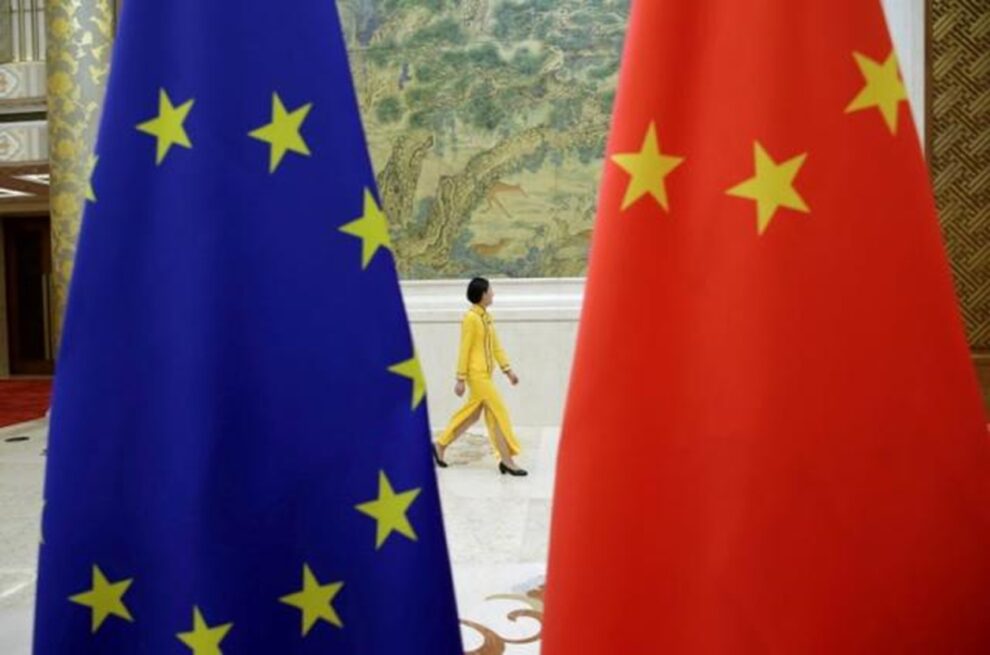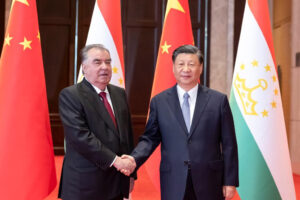The rose-tinted view of globalization holds that free trade maximizes profits, efficiency, and economic growth by leveraging the power of comparative advantage. In this idealized trade system, countries specialize in products that they can make more easily or cheaply than others, and rely on the free flow of goods to import the rest. The iPhone is often cited as an example: the design, engineering, and marketing of the device is done in the US, while assembly is outsourced to China, and key components are sourced from Samsung of South Korea. Supply chains criss-cross the globe. Everyone gains. Wall Street is happy with bumper quarterly reports.
But what if a large economy engages in policies and behaviors that create significant distortions to this global trade system?
China is a prime contemporary example. As economics and finance experts Michael Pettis and Matthew Klein argue in their book Trade Wars are Class Wars, China’s high-savings economic development model, which favors government and business investment at the expense of ordinary people’s spending, juices the country’s exports, and causes trade imbalances on a global scale. And on the level of specific industries, China uses tools like discriminatory tax policies to give domestic manufacturers significant cost advantages over foreign competitors.
In short, participating in a game where another major player follows an entirely different set of rules makes for a very uneven playing field. Critical dependencies on this player—which also happens to be authoritarian and harbors ambitions to remake the global order—only heighten the risks.
That’s the threat that the US, Europe, and their allies face as they contend with an increasingly aggressive China. Of course, this is a problem in part of their own creation: for decades, they’ve been content to outsource production to China in exchange for higher profit margins. Now, though, it is stated Chinese policy to become a “manufacturing superpower,” dominating a number of key industries, and to parlay that influence into painful points of leverage over other countries (link in Chinese).
Is the Western ideal of free and open trade evaporating?
Europe has slowly come to the realization that it must confront China’s unfair economic practices head-on. In a speech on Mar. 30, Ursula von der Leyen, the president of the European Commission, offered one of the clearest distillations yet of the bloc’s reckoning with China’s approach to global industry. “China is changing…and is moving into a new era of security and control,” she said. For Beijing, “the imperative for security and control now trumps the logic of free markets and open trade.”
Decades of Chinese industrial policies bear this out. These policies prioritize not profit margins or even optimum efficiency, but industrial security and influence. That means reducing dependence on foreign imports and ensuring that other countries rely more and more on Chinese exports and industrial capacity.
That approach is, by design, at odds with the orthodoxy of globalization, which states that efficiency and profits can be optimised by offshoring low value-add segments of the manufacturing process based the theory of comparative advantage.
In the US and Europe, industrial policy is back with a contentious bang
Until now, the US and Europe have regarded explicit mention of industrial policy as anathema to their free market convictions. But in the face of a diminished domestic industrial base and national security risks stemming from overwhelming dependence on a geopolitical rival, governments are realizing they have to more directly shape industrial strategy and plug vulnerabilities.
The resurgence of industrial policies, like the CHIPS and Inflation Reduction Act bills in the US and the Critical Raw Materials Act in Europe, is in large part a direct response to China. They’re also controversial.
In a recent essay, Adam Posen of the Petersen Institute of International Economics calls the Trump and Biden administrations’ Buy American approach to industrial policy a form of “zero-sum economics” that erodes US competitiveness by raising costs and stifling innovation.
Yet Posen’s critique ignores the reality of how deeply China is imbalancing the global economy. As Pettis points out, “comparative advantage only benefits both parties (and the world) when both parties are able to take full advantage of comparative advantage.” That isn’t the case now. China deliberately runs large and persistent trade surpluses, and restricts imports as “a way of increasing total domestic production at the expense of trade partners,” Pettis says.
The West’s industrial policies now have to play a tricky balancing act, targeting distortions caused by Chinese policies, while still reinforcing the dynamism of a market economy. (Katherine Tai, the US trade representative, said as much in a recent interview with Foreign Policy.) It’s a fine needle to thread, but not an impossible one.
Source : Quartz
















